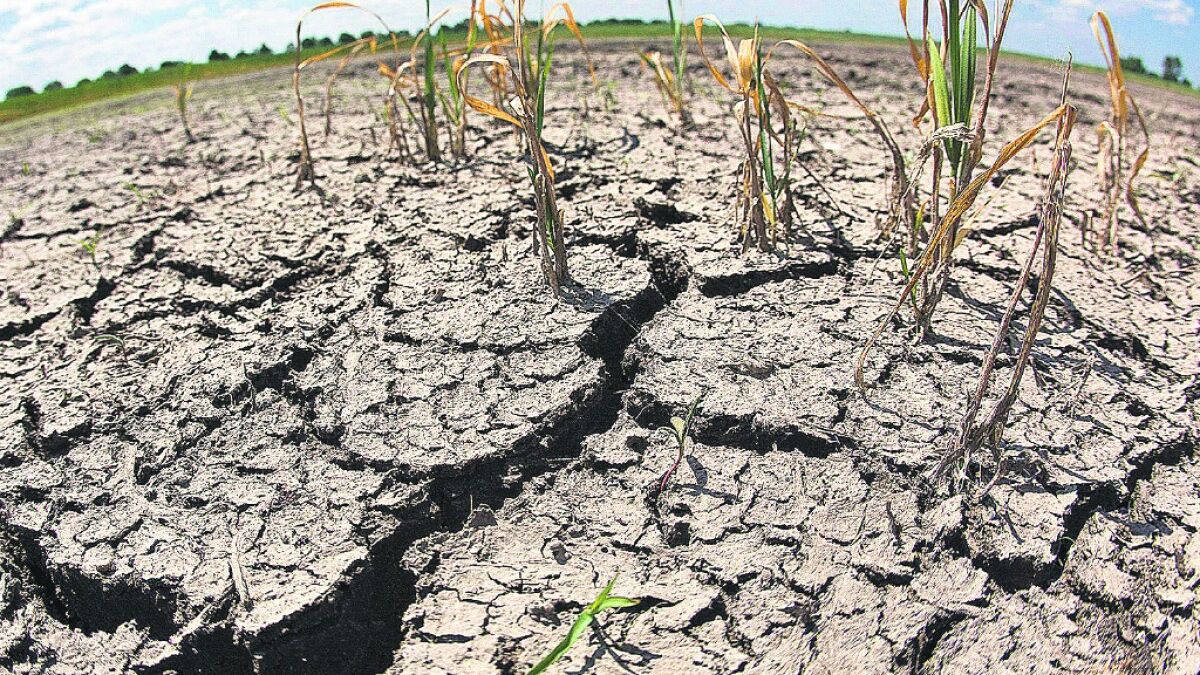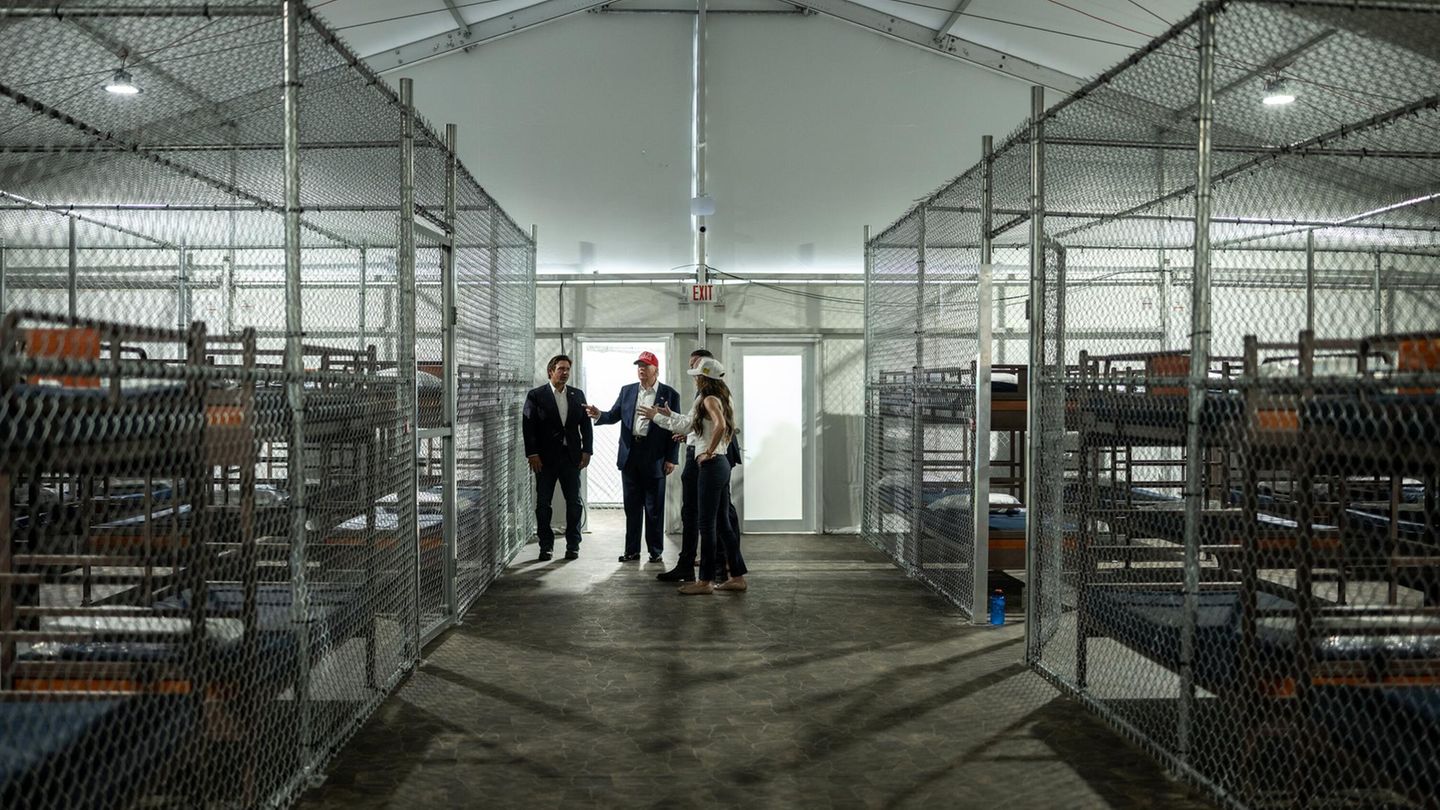The minister of Agriculture, Livestock and Fisheries (MGAP), fernando mattosclarified that the situation in the countryside continues to be delicate despite the improvement of water reserves in some sectors of the Uruguay.
“The water emergency refers only to measures for drinking water and consumption in the metropolitan area. It does not change at all for the agricultural aspect, we are in agricultural emergency and is valid until September 23″, he stressed during his participation in the celebrations in Florida for the 198th anniversary of the Declaration of Independence.
He MGAP It will begin to hold meetings with different actors linked to the agricultural news to define what steps will be taken once the current agricultural emergency expires.
“We are in a better situation than a few months ago, but there are still regions of the country where there is a structural issue of lack of water,” explained Mattos. “We are going to see what the forecasts and projections are, and what the reality of the reports that come from the field,” he added.
According to information handled by the Minister of MGAPin some points of the Uruguay the aquifers were not replenished despite the latest rains and the wells “provide little flow.” Weeks ago, rice producers realized this situation.
Regarding the extension of the agricultural emergency, Mattos defined that it will be evaluated if it does or not and, in case of extending it, if it will be to the entire national territory, as it is currently arranged, or only to certain regions of the country.
The economic impact of the worst drought in the last century in Uruguay could reach the 2 billion dollarsaccording to estimates by the Ministry of Livestock, Agriculture and Fisheries, which has invested at least 37 million dollars in producer support policies.
The authorities consider the drought as an “ongoing event” that began in 2020 but whose worst effects were recorded this year, further aggravated by the water crisis that hit the metropolitan area. In this sense, according to the report of the Office of Programming and Agricultural Policy (Opypa), in line with the Ministry of Economy and Finance (MEF)the direct losses in the agricultural phase amount to 1,809 million dollars, “being in historical terms the greatest losses registered in the last three decades”, as stated by the portfolio directed by lily arbeleche in the Accountability.
Source: Ambito




